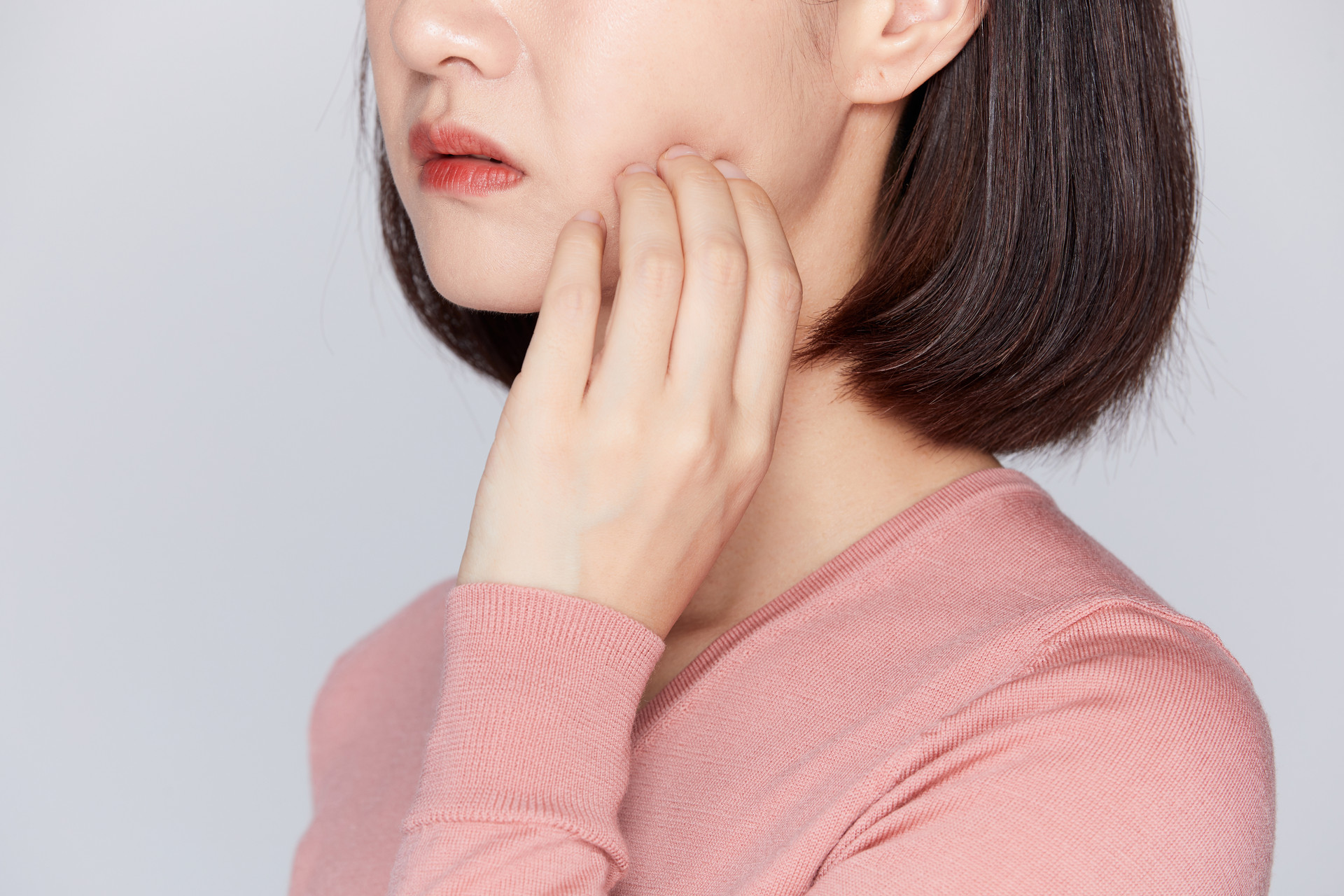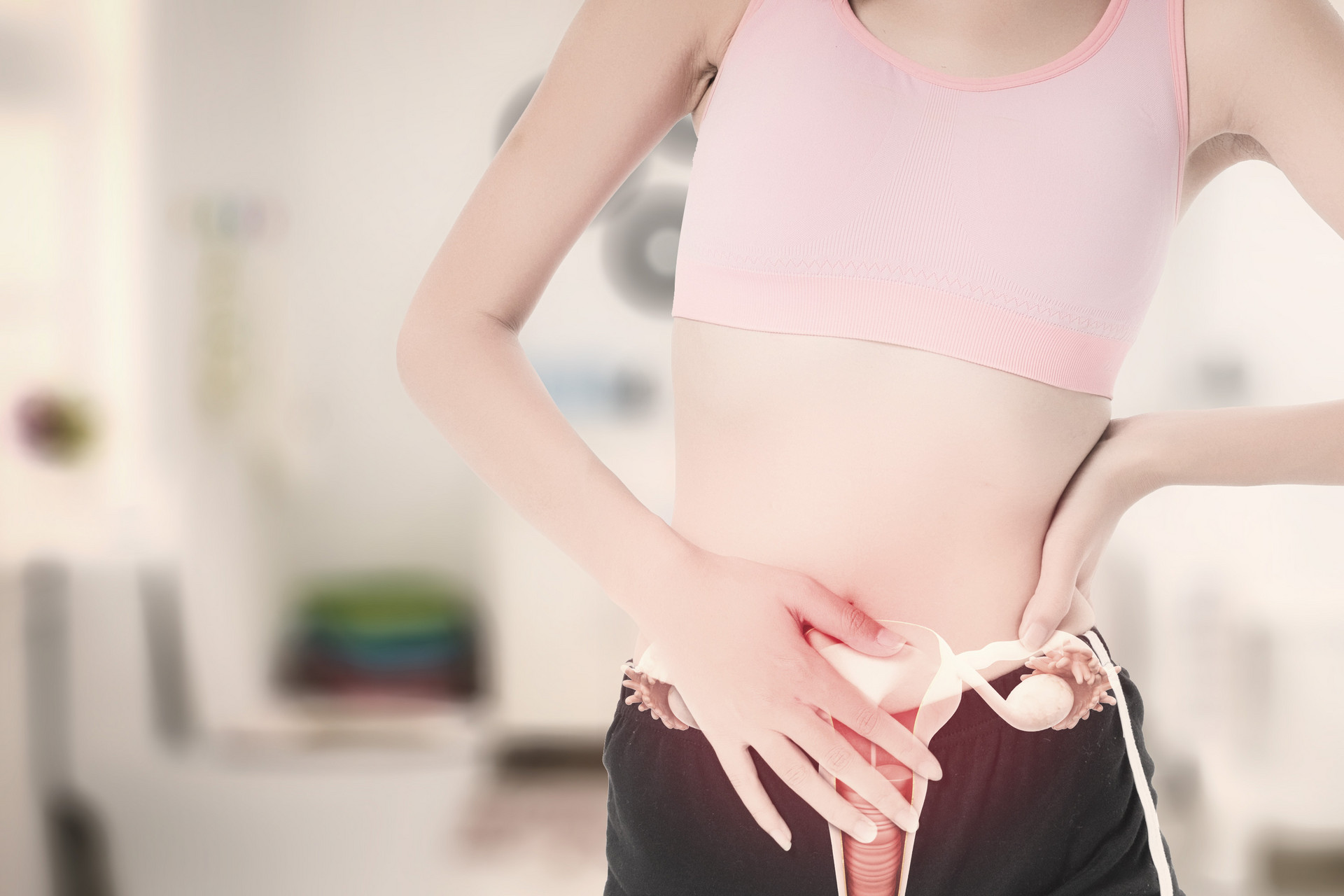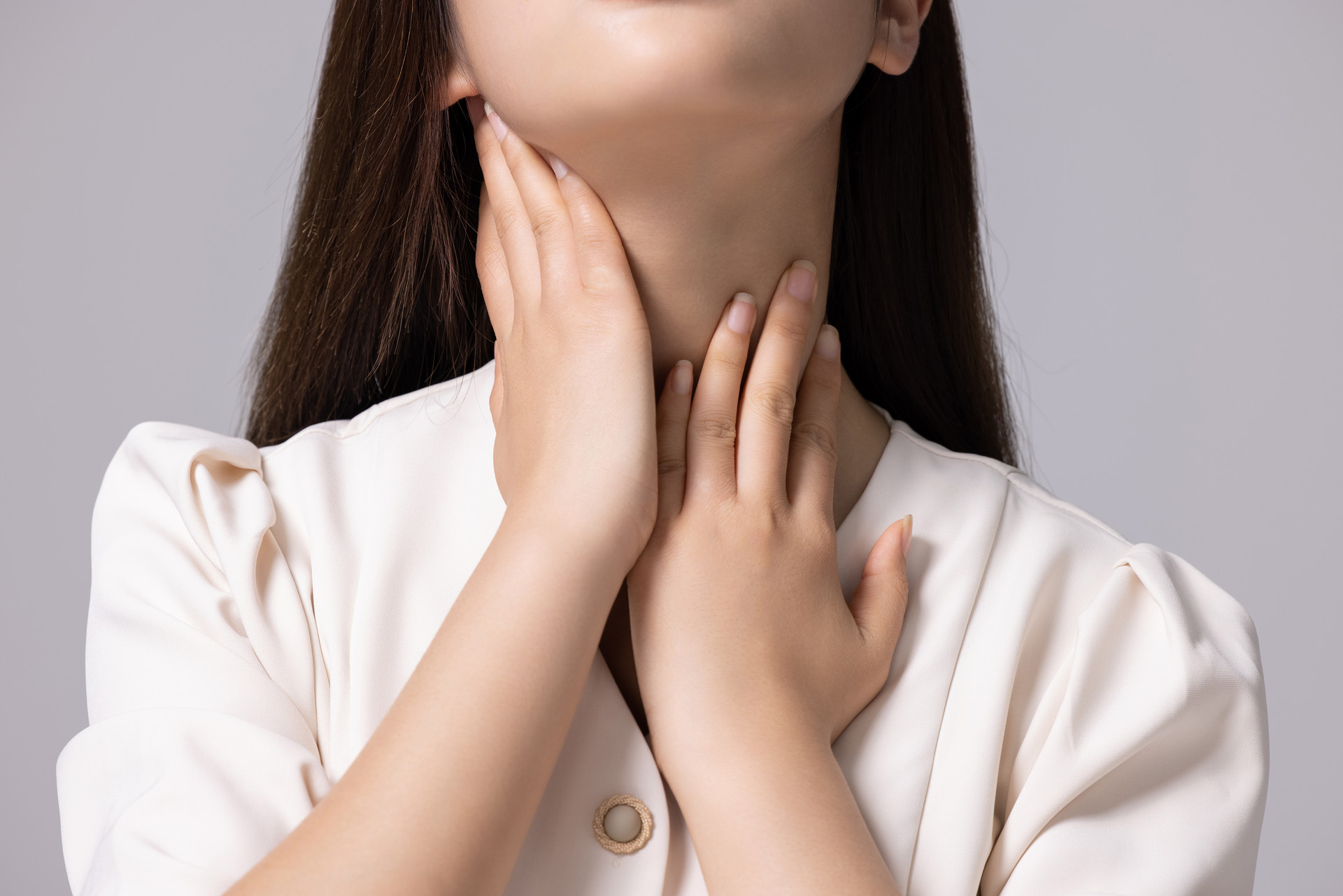Chinese people have always believed in the power of herbal medicine, but recent studies in prenatal genetics have shown that some Chinese herbs can have adverse effects on pregnant women and their babies.
Herbs such as safflower, bitter orange, calamus, musk, and Chinese angelica have uterine-stimulating effects, which can lead to insufficient blood and oxygen supply to the fetus, resulting in poor fetal development, deformities, and even miscarriage, premature birth, and stillbirth. Herbs like rhubarb, mirabilite, Euphorbia, Typhonium, Artemisia anomala, Szechuan pepper, centipede, croton, Chinese thorowax, cinnabar, realgar, rhubarb, Euphorbia, and Chinese lobelia can stimulate the intestines, reflexively causing strong contractions of the uterus and resulting in miscarriage and premature birth.
Some Chinese herbs are inherently toxic, such as blister beetles, Arisaema, Aconitum, Veratrum nigrum, Artemisia anomala, Szechuan pepper, centipede, croton, Chinese thorowax, cinnabar, realgar, rhubarb, Euphorbia, and Chinese lobelia. They contain various alkaloids and chemical compounds that can directly or indirectly affect fetal growth and development.
Especially during the first three months of pregnancy, in addition to being cautious about Western medicine, Chinese herbs should also be used with caution to avoid causing fetal abnormalities. Realgar in Chinese medicine definitely has a teratogenic effect and should be absolutely avoided by pregnant women. Cinnabar contains mercury salts that can accumulate in the pregnant woman's body, leading to microcephaly, deafness, strabismus, and intellectual disabilities in newborns.
Pregnant women should be aware that many Chinese patent medicines containing toxic herbs can be found on the market. Therefore, caution should be exercised when using Chinese patent medicines containing the above-mentioned herbs, and those labeled as contraindicated or to be used with caution by pregnant women should be avoided.
Of course, if pregnant women fall ill, they should seek timely treatment and not avoid medical care. Moreover, among the thousands of Chinese herbs, those with adverse effects are still very few. However, when seeking medical treatment, pregnant women should inform their doctors about their pregnancy and ask them to weigh the pros and cons and choose drugs that are safe and have no side effects as much as possible.











